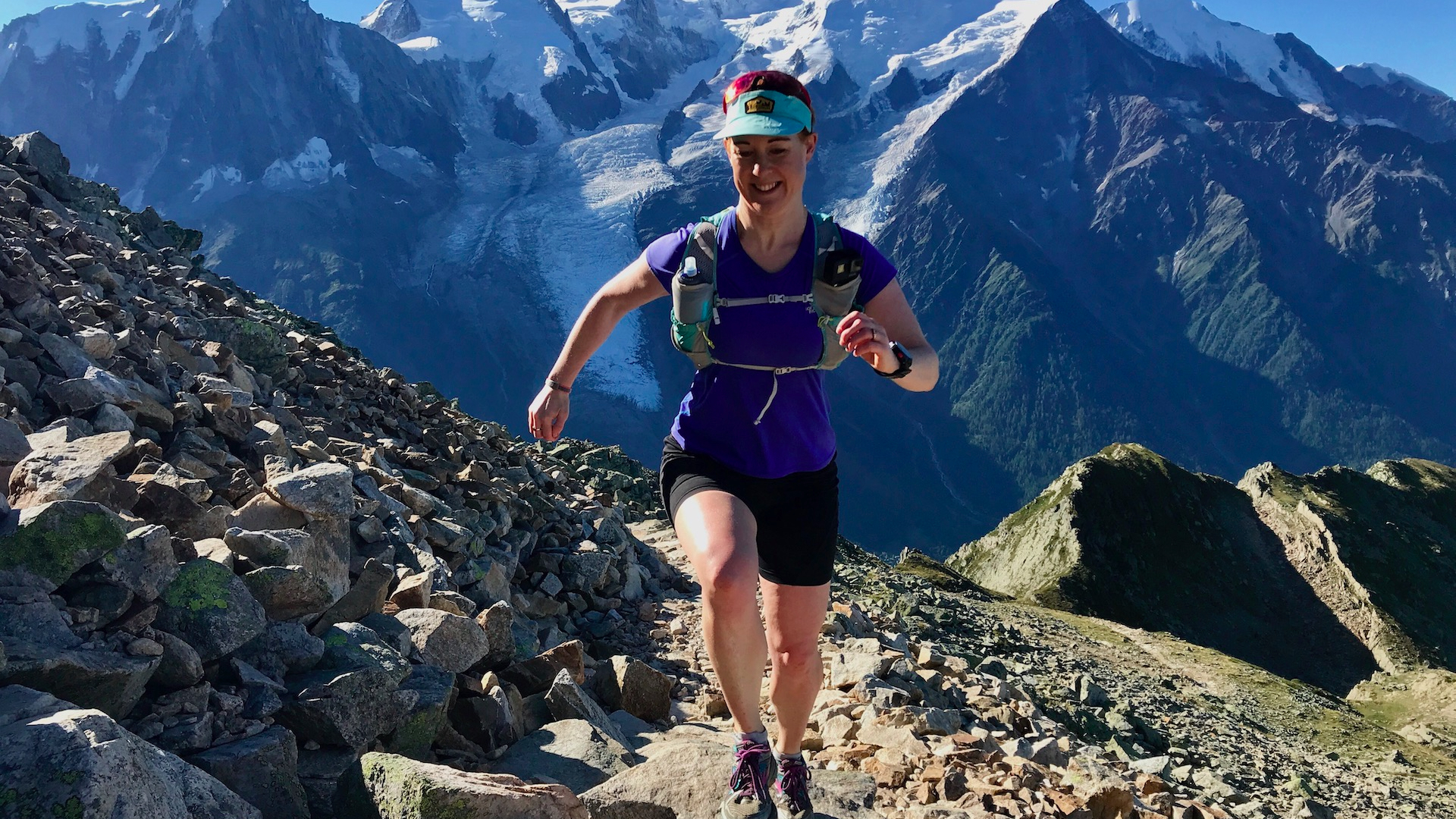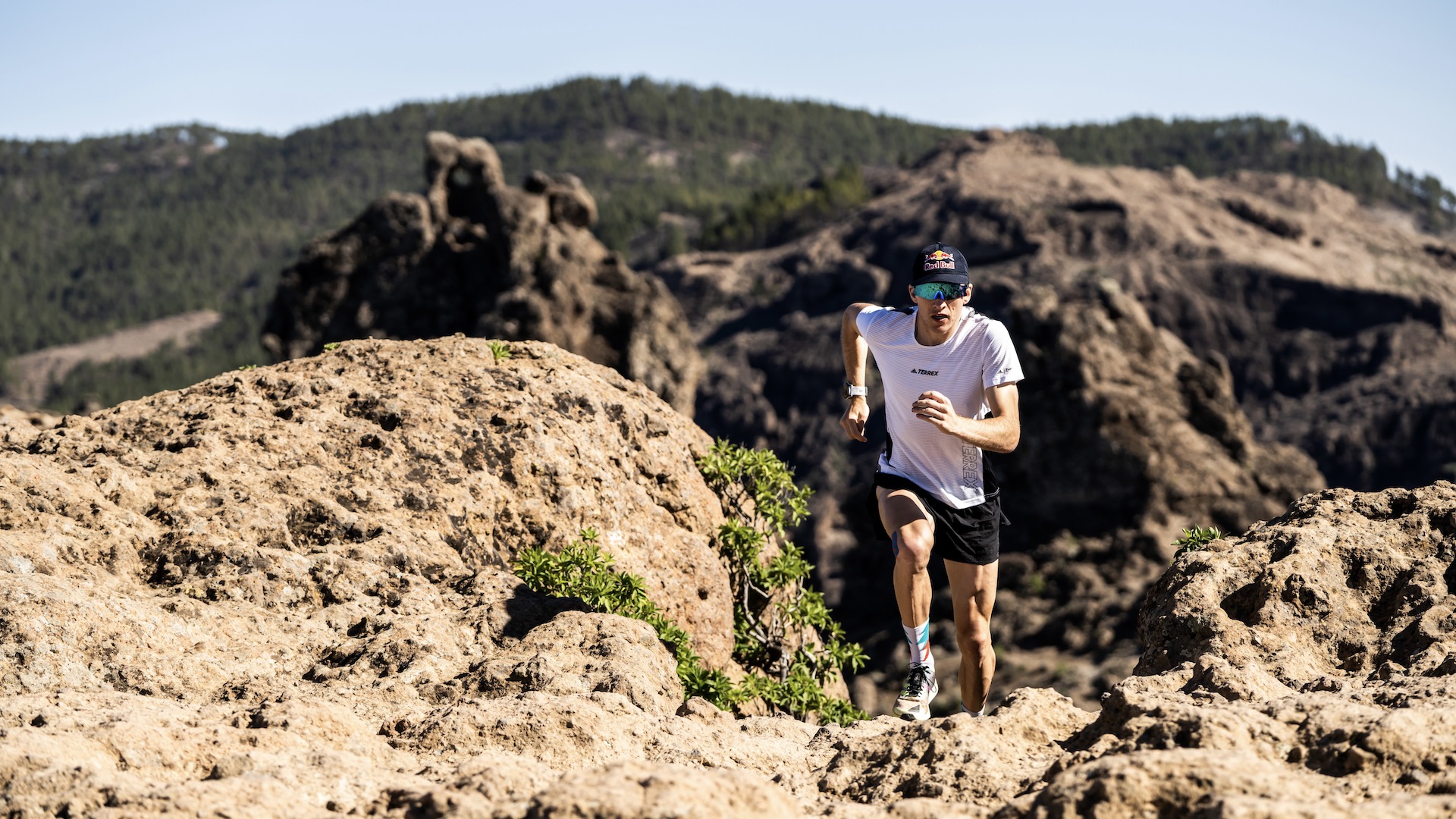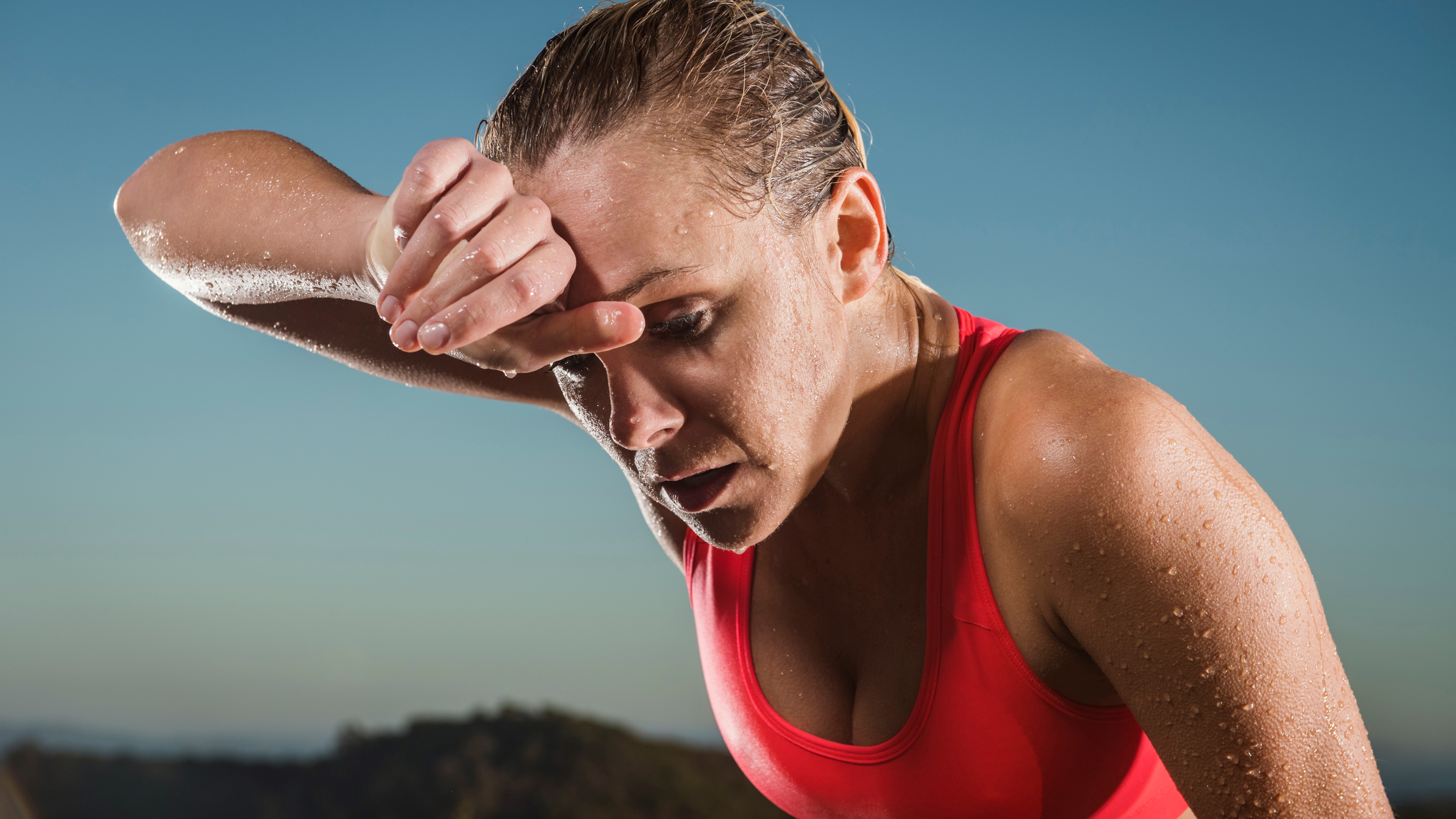Ultra running health risks: is it all bad news?
We speak to a medical doctor and health expert on the latest science regarding the leading ultra running health risks, and what you can do to reduce your chance of injury and illness

All the latest inspiration, tips and guides to help you plan your next Advnture!
You are now subscribed
Your newsletter sign-up was successful
Just a few short years ago, ultra running was a fringe sport, largely confined to a rare few fanatical souls who apparently just couldn’t stop trotting down the trails for love nor money. Nowadays, it seems like everyone is upping the distance. I’ve seen casual runners go from running 10ks to ultramarathons apparently overnight and ex-smokers replace one addiction with another. In the professional field, more and more participants are turning out for ultra marathons, and records are being smashed practically every day, not least of which occurred when Lithuanian ultrarunner Aleksandr Sorokin obliterated his own world record at the end of 2022 by logging an astonishing 198.6 miles in 24 hours. Ultra running – basically running any distance over a marathon – is here to stay, and the global trail running shoe market is expected to explode to over $6 billion by 2029, according to Brand Essence Research. With distances growing and finishing times shrinking, a lot of us who are duly impressed can’t help but also ask, can it really be good for you?
As a staunch middle distance runner, who has no intention of ever going beyond the odd 13k, I won’t lie and tell you I’m writing this article from experience. Instead, I spoke to Dr Zoe Watson, GP and founder of Wellgood Wellbeing to get a medical perspective on any potential ultra running health risks to be aware of, and whether there’s anything you can do to help offset these hazards. Now, clearly, if you’re reading this as an ultra runner, none of us expect you to stop running upon reading this article, nor are we suggesting that you do; we’re simply aiming to arm you with some medical information so that you can take any decision to pull on your best trail running shorts and load up with running gels as informed as you can be.

Before Watson and I dive into the potential health risks, we start by discussing the obvious elephant in the room – there seem to be a lot of ultra runners out there who so far appear to be, well, fine. Is it possible to be an ultra runner and not suffer any health consequences as a result?
“Everyone is individual, and I’m sure there are plenty of ultra runners who don’t experience long term consequences from ultra running,” muses Watson in response. “I think short term health consequences are more common, but that’s probably true for any sport.”
Well, there’s some good news. Surely no one expects to feel good after running 100 miles, but a 2018 review in Frontiers in Physiology notes that most side effects of ultramarathons are reversible within a few days of an event.
Anecdotes aside, don’t just assume that you can do whatever you want to your body then feel fine after a few days of lying on the couch watching Netflix and having some sports massage. According to Watson, there are three primary areas where ultrarunning might impact your health. First, there’s your cardiovascular health, which can see negative short term effects with ultra running.
“Ultra running is known to cause increases in biomarkers or cardiac damage such cardiac troponin-I and ventricular natriuretic peptide. These levels drop once the running stops, but the very fact that they become raised during ultra running is evidence that the heart is put under significant stress during ultra running.”
All the latest inspiration, tips and guides to help you plan your next Advnture!
With prolonged exposure, Watson explains, comes a risk of long term impact, including changes to the size, structure and function of your heart (myocardial remodelling), scar tissue (myocardial fibrosis) and right ventricle enlargement as well as abnormal electrical impulses in your heart (atrial fibrillation). Yikes.

Next up, Watson explains that ultra running may also affect your renal health. As we’ve explained in our article on overhydration, trying to maintain your electrolyte and fluid levels during a long race can place undue stress on your renal system, including your kidneys, which have to work overtime to help keep your fluids and body chemistry balanced.
“Acute kidney injury is commonly commonly seen after an ultra-running event, but is generally minor, with full recovery post event in a few days,” explains Watson, adding that any long term impact of ultra running on renal health isn’t really clear due to contradicting studies.
However, your kidneys aren’t quite off the hook yet, as it turns out. We finish up with the evidently obvious health risk that’s typically first to come to mind when most of us think of long distance running – musculoskeletal injuries. I expect her to dive into the usual suspects – shin splints, plantar fasciitis, runner’s knee – so I’m surprised when she explains a far more alarming product of tissue damage that can actually impact your kidneys, known as exertional rhabdomyolysis. Exertional rhabdomyolysis describes the breakdown of muscle due to extreme exertion, and the results can be deadly.
“Exertional rhabdomyolysis can happen during ultra running and this can be extremely dangerous. Running in the heat and being dehydrated put you at a significantly increased risk of this happening,” warns Watson, who explains that this rare condition can actually cause kidney failure.

Beyond that, there are the typical physical injuries associated with overuse and repetitive strain you’d expect, such as chronic pain and stress fractures, though Watson explains that studies don’t provide the direct link that most of us assume will be there.
“The long term effects of ultra running on the joints of the lower limbs is actually less clear. Studies on the risk of osteoarthritis are mixed, and there’s no clear link between ultra running and increased risk of osteoarthritis.”
However, she warns, there is an increased risk of osteoporosis in ultra running, which causes your bones to become brittle and weak, and in turn increases your risk of fractures. If you are a long distance runner, you’ll be keen to avoid fractures, not least because they can rob you of precious time on the trails, and while exercise is indicated to help prevent osteoporosis, there can indeed be too much of a good thing. The Mayo Clinic recommends getting regular calcium in your diet from sources such as dairy, leafy greens and fatty fish as well as vitamin D, which we primarily get from exposure to sunlight.

So, depending on whether you’re a glass-half-full or a glass-half-empty person, all of this might come to you as good news or bad news. Are there health risks associated with ultra running? Yes, probably, maybe, but depending on a ton of variable factors: your existing health, diet, lifestyle and perhaps genetics, your training and perhaps even the distance you’re going and the frequency with which you’re training and competing.
Ultimately, if you’re not going to run less, it’s up to you to listen to your body’s cues and be willing to adapt your training regimen, advises Watson, with this parting knowledge:
“Be mindful and listen to what your body is telling you. If you are injured, don’t try and push through the pain. If you are recovering from illness such as flu or Covid or surgery, make sure you are fully recovered before returning to training, and don’t immediately go back to your pre-illness routine. Ease back into it.”
Julia Clarke is a staff writer for Advnture.com and the author of the book Restorative Yoga for Beginners. She loves to explore mountains on foot, bike, skis and belay and then recover on the the yoga mat. Julia graduated with a degree in journalism in 2004 and spent eight years working as a radio presenter in Kansas City, Vermont, Boston and New York City before discovering the joys of the Rocky Mountains. She then detoured west to Colorado and enjoyed 11 years teaching yoga in Vail before returning to her hometown of Glasgow, Scotland in 2020 to focus on family and writing.

